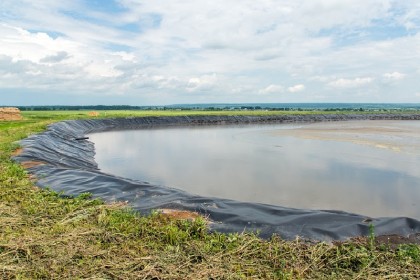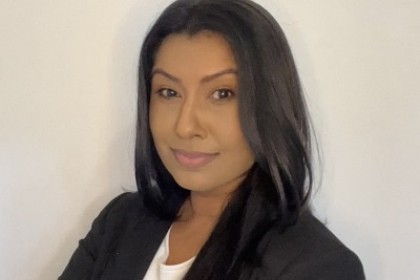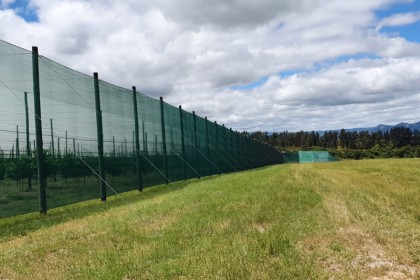
Constitutional Court Judgement Not The End Of The Road For Zimbabwean Farmers
Today’s ruling in the Constitutional Court, in which it was found that the claims of South African victims of Zimbabwe’s land grabs prescribed, is not the end of the road for Zimbabwean farmers, emphasise Saai and AfriForum. The organisations are already considering several follow-up cases to ensure just and equitable compensation for victims, not only for South African citizens, but especially also for Zimbabweans, black and white.
Courts in Europe and the USA have recently awarded compensation and legal costs against the government of Zimbabwe, setting precedents in international law and leaving Zimbabwean state assets vulnerable to seizure.
Today’s judgement was based on a legal technicality. The organisations expressed their disappointed with the ruling.
The civil rights organisation AfriForum has supported the Zimbabwean farmers in numerous successful court cases since the damning ruling of the Southern African Development Community (SADC) Tribunal against the government of Zimbabwe in 2008. The family farmers network Saai is the biggest representative body for Zimbabwean farmers who were expropriated without compensation.
Today’s judgement does in no way alter or soften the previous ruling by the same court on 11 December 2018. In that ruling it was determined that the South African government acted unlawfully and irrationally when it conspired with other heads of states of SADC by taking part in the suspension of the SADC Tribunal. The suspension of the tribunal closed the doors of justice to more than 400 million citizens of SADC countries.
President Cyril Ramaphosa had earlier complied with the Constitutional Court’s order to withdraw South Africa’s signature from the agreement to suspend the activities of the tribunal. Yet today’s ruling leaves more than 700 South African farmers suffering heavy material losses. Today’s ruling states that victims cannot claim damages from the South African government which they have suffered from the South African government’s irrational and unlawful behaviour, because it has prescribed.
However, Saai and AfriForum maintain that the essence of justice can never prescribe and no injustice is ever final.
Dr Theo de Jager, Executive Board Chairperson of Saai, says that the farmers find comfort in the certainty that all expropriation without compensation ultimately have the same outcome. No matter where or when it happened, in the end justice prevailed. “Just like the restitution program in South Africa today compensates people who were dispossessed of land by legal means (though unjust) under apartheid, the day will come when the government will be held accountable for its blunders. Different to apartheid driven dispossession, the Constitutional Court already judged harshly against the government and awarded indelible shame on the regime while it is still in power,” says De Jager.
“It has been a privilege for AfriForum to make this legal battle for property rights, that stretched over a decade and a half, possible. Article 14 of the African Charter on Human and Peoples’ Rights clearly states that the right to property shall be guaranteed. Article 21 of the charter states that people shall not be deprived of their wealth and that in case of spoliation the dispossessed people shall have the right to the lawful recovery of its property and to adequate compensation. Our legal team will study the judgement and we will determine a path forward to continue the fight for property rights as enshrined in the charter to ensure a prosperous and free future for the children of all communities in Southern Africa,” says Barend Uys, Head of Intercultural Relations and Cooperation at AfriForum.
Meanwhile, pressure is also mounting both in the international arena and in the SADC region for the restoration of the SADC Tribunal in Windhoek.
With the withdrawal of both the endorsements of South Africa and Tanzania through orders of their highest courts, there is now a minority support for the suspension of the tribunal. Never before has civil society been more mobilised across national borders on a shared agenda than with the current movement to get SADC to restore the tribunal as a watchdog for basic human rights, especially property rights, and the rule of law.
- Photo: Barend Uys (AfriForum), Mike Odendaal (Zimbabwean farmer), Wynand Hart (Zimbabwean farmer) and Arno Roodt (legal representative).












